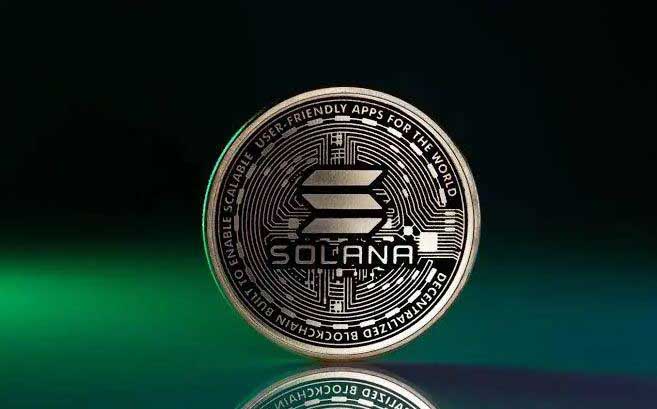In Jordan, electronic payments increased by 35% during the first half of 2021 compared to the same period the previous year
E-commerce is fast becoming the dominant means of commerce globally. In Jordan, electronic payments increased by 35% during the first half of 2021 compared to the same period the previous year, and the number of vendors offering e-payment options increased by about 50% over the same period. While the transformation was already evident prior to COVID-19, the pandemic has made a deep impact on payment choices – cash is in decline everywhere – and the effects will not be temporary.
Leading the way in e-payment solutions
For more than 25 years, Network International has been working to bring cutting-edge technology to its customers. As the leading enabler of digital commerce in the Middle East and Africa (MEA) region, it was first in the UAE to launch e-commerce services and point-of-sale (POS) terminals supporting real-time transactions. Network is leading the way once again in mobile payment solutions.
Network’s digital platform makes the adoption of e-payment solutions across the region simple. N-Genius Online is intuitive to use for both merchants and consumers, allowing the former to accept multiple cash alternatives and providing consumers with the latest and safest e-payment methods, such as e-wallets, peer-to-peer (P2P) payments and virtual cards. It also enables vendors to accept card payments from anywhere, anytime, using the buyer’s choice of major credit cards or mobile wallets, which eliminates the handling of cash entirely.
But how did e-payments evolve to make this possible?
Quick history of e-payment methods
The history of payment systems is as old as trade itself. The first invention to challenge cash since the introduction of money thousands of years ago was the checkbook, followed closely by payment cards. Even back then, insiders were discussing a future of electronic transactions, when there would be no need for costly manual processes and transactions would be safer and quicker.
Once PCs and internet connectivity took off, and e-commerce began, cybersecurity became an issue. In response, the 3-D Secure protocol was introduced for online purchases. 3-D Secure is now used in parallel with multi-factor authentication, one-time passwords and one-time-use virtual cards to ensure payment data is kept safe. Network International implements Risk-Based Authentication (RBA), which analyzes each transaction (using criteria such as location and IP address) to make sure that it is legit. For further reassurance, the Falcon Fraud Manager detects any fraudulent transactions through ongoing monitoring.
The COVID-19 pandemic was a major boost to contactless payments, which were recommended over chip and PIN and cash payments to avoid any potentially contaminated surfaces. NFC contactless communication technology (sometimes called ‘tap to pay’) allows for quicker payments by simply putting a smart card or device against a POS terminal. Initially, transactions were limited to smaller amounts due to fears of misuse, but with increased cybersecurity those limits are being raised. Higher amounts still require the input of a PIN or alternative verification such as biometrics.
Another key development is e-wallet apps (such as Apple Pay and PayPal) which keep card data safe through an encryption process called tokenisation. Mobile apps are also able to process payments through scanning a QR Code (which can be generated by a POS device or displayed in an e-store) and individual customers are increasingly using Peer-to-Peer (P2P) transfers for moving money between bank accounts for purchases.
Network’s N-Genius payment devices (full size, mini and on-the-go) meet global and local security requirements – with end-to-end encryption and software kept up to date remotely. The POS devices are intuitive for the customer to use, accept all of the payment types outlined above, and can even send receipts electronically. The different models available mean that businesses of any size will find the device which suits their needs.
How e-payment solutions can benefit you
What Jordanian customers and vendors want are dependable, safe, quick, and easy ways to make and receive payments electronically, and Network International will be supporting those ready to take the leap. Making the online shopping experience better will continue to drive changing shopping habits, and businesses need to keep up with customer demand or risk losing out on an increasing section of the market.
For businesses venturing online, Network facilitates the entire payment cycle, from setting up an e-store payment page to processing transactions. Consumers can set up recurring payments and save their card details securely, making it easier and more appealing to shop from the e-store again. Network’s Interactive Dashboard solution can also collect all relevant data and conduct in-depth analysis of key metrics to give vendors an advantage in planning their sales strategies.
Payment solutions are evolving at an accelerating pace, with new innovations coming along to meet needs and make the payment process even more secure.















